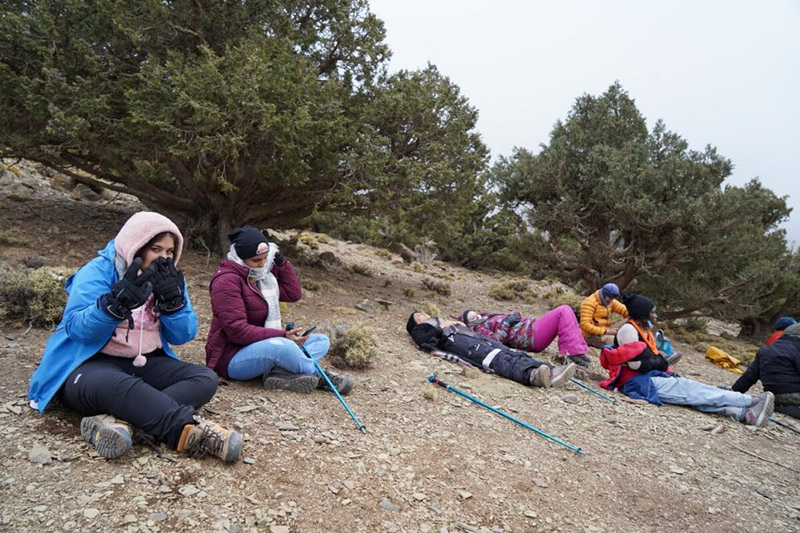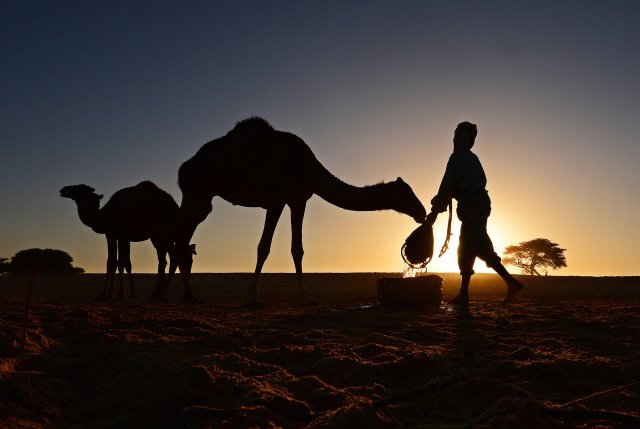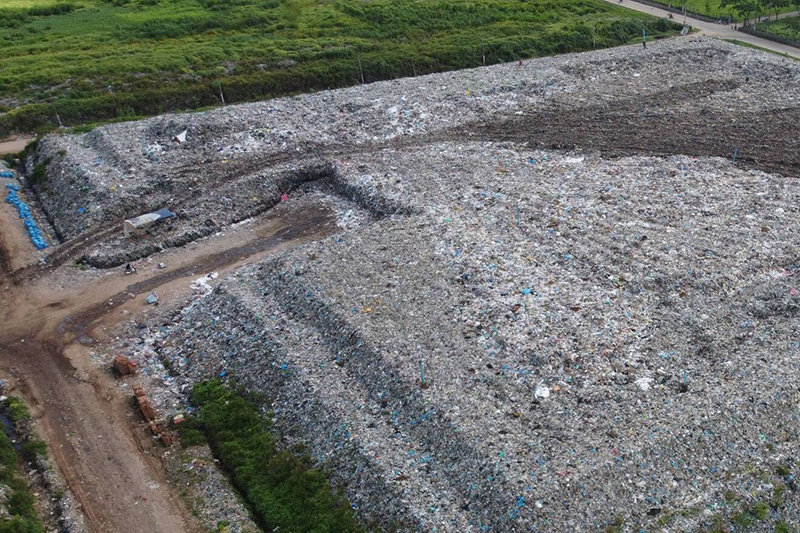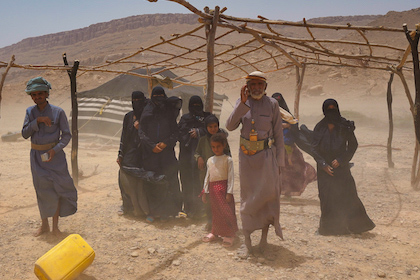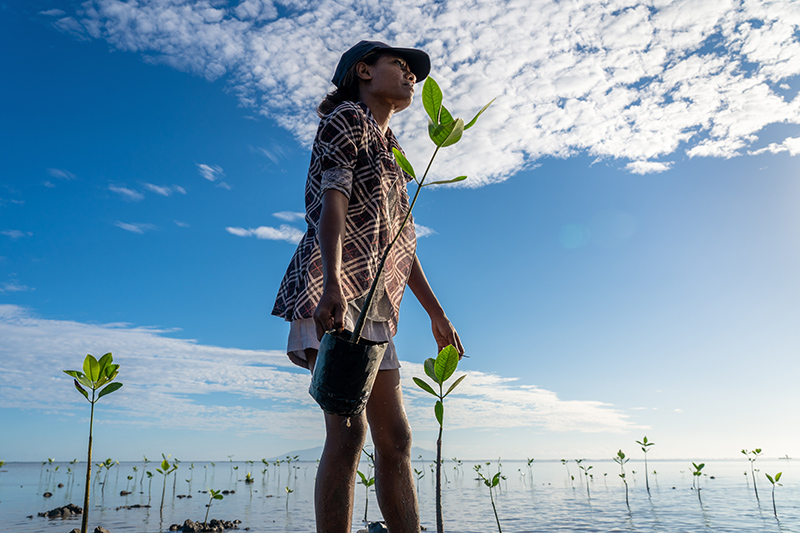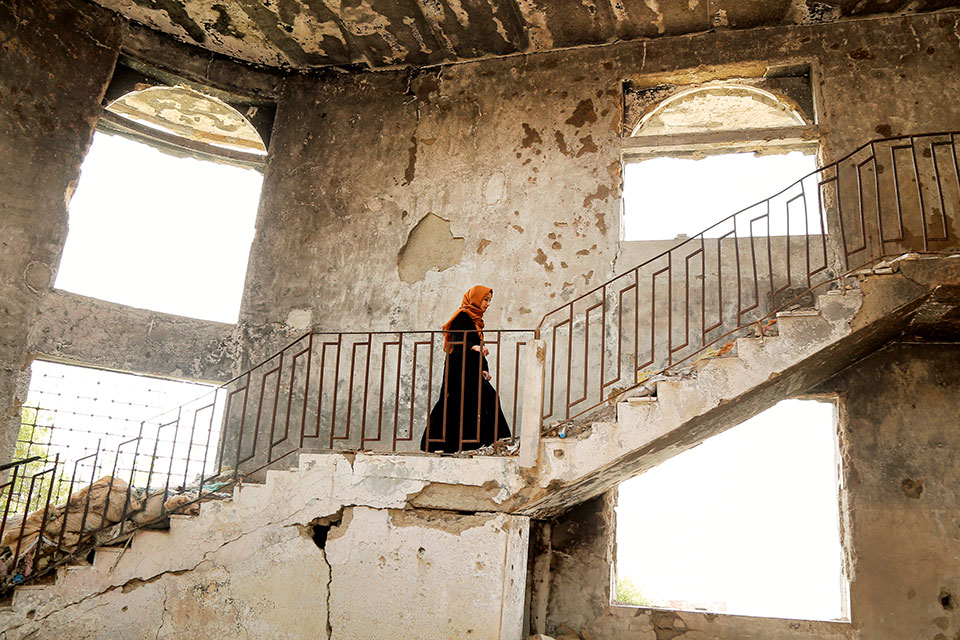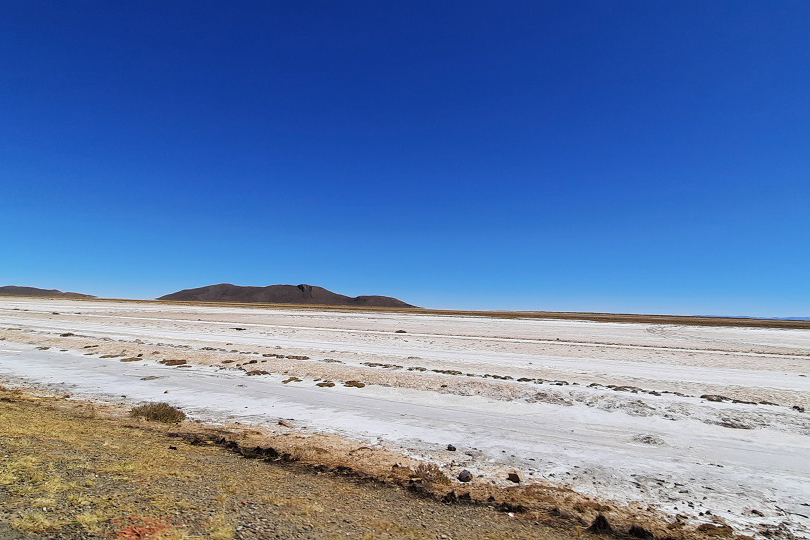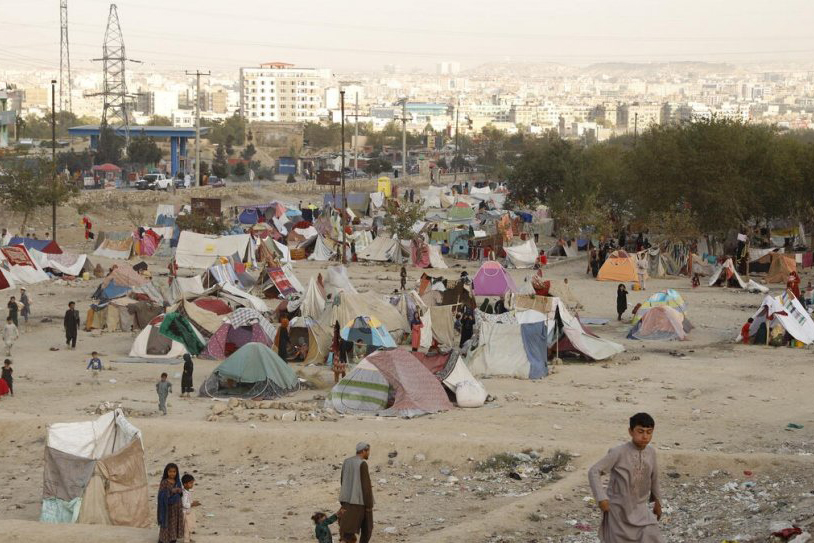From uneven economic recovery to unequal access to vaccines; from widening income losses to divergence in learning, COVID-19 has had a disproportionate impact on the poor and vulnerable in 2021. It is causing reversals in development and is dealing a setback to efforts to end extreme poverty and reduce inequality. Because of the pandemic, extreme poverty rose in 2020 for the first time in over 20 years. Through this series of charts and graphs, we share select research from the World Bank Group that illustrates the severity of the pandemic.
Hundreds of lives are believed to have been lost along the route and particularly at sea in the Gulf of Aden.
An all-female group, including 13 refugees from six countries, set out to climb Mount Toubkal – Morocco’s highest peak – to highlight the struggle to end violence against women.
2021 was dominated by two crises that the world could not ignore – COVID-19 and global heating. From unprecedented floods in Germany, to out of control fires in California and Greece, extreme weather increased in intensity and frequency. The pandemic laid bare other inequalities. Rich countries hoarded vaccines and poor countries went without. Global food systems struggled to cope with the twin crises. The digital divide became more pronounced; the pandemic also showed that we can change quickly, but only if we have the resources and the vision.
By working with nature, pastoralism, the time-tested form of raising and breeding livestock, champions productivity, sustainability and animal welfare.
Ever since nuclear fusion was understood in the 1930s, scientists have been on a quest to recreate and harness it. The IAEA has been at the core of international fusion research.
Residents of the Hlaing Thar Yar township and surrounding areas hope a UN-Habitat solid waste management project will prevent deadly fires by lower methane emissions.
Yemen lays tragic claim to the world’s largest humanitarian crisis and aid operation. Two-thirds of the population, or 20.7 million people, need humanitarian assistance in 2021. Multiple emergencies have pummeled the country: violent conflict, an economic blockade, currency collapse, flooding and the COVID-19 pandemic in a country where only half of health facilities are operational. One woman dies every two hours during childbirth, an almost entirely preventable tragedy. More than a million pregnant and breastfeeding women are already acutely malnourished.
The UN Climate Conference – COP26 – has wrapped up in Glasgow, with a new agreement to limit global heating. It has been described by UN Secretary-General António Guterres as an important step, “but not enough.” “We must accelerate climate action to keep alive the goal of limiting global temperature rise to 1.5 degrees,” he said. 1.5 is the biggest small number of our lifetime. Scientific consensus says we cannot have a healthy planet with a temperature increase higher than 1.5°C. We are already at 1.2°C.
Désir Murielle gave birth to her son, Yves, in a tent on the grounds of Hôpital de Référence Communautaire de l’Asile, which was damaged in the 7.2-magnitude earthquake of 14 August. The hospital is one of 18 damaged or destroyed health facilities receiving support from UNFPA to continue offering reproductive health services in the area most affected by the disaster. Next month, with the support of the Ministry of Health, UNFPA will deploy a fully-fledged mobile emergency obstetric and newborn care (EmONC) unit to handle deliveries and obstetric complications.
Netflix & UNESCO have launched a groundbreaking competition in Sub-Saharan Africa to find Africa’s next generation of filmmakers.
As governments, humanitarian actors, and peacebuilders meet at the UN to discuss the women, peace and security agenda, watch this space for news, updates and voices of women peacebuilders.
FAO has launched the Global Map of Salt-Affected Soils, a key tool for halting salinization and boosting productivity. The map estimates that there are more than 833 million hectares of salt-affected soils around the globe (8.7% of the planet). Most of them can be found in naturally arid or semi-arid environments in Africa, Asia and Latin America. However, the map also shows that 20 to 50 percent of irrigated soils in all continents are too salty, meaning over 1.5 billion people worldwide face significant challenges in growing food due to soil degradation.
In Kabul, nearly 50,000 Afghans displaced from other parts of the country by recent fighting are desperate to receive aid before winter sets in. With winter fast approaching, temperatures in the capital are already reaching close to 0°C at night and may dip to as low as –25°C in mid-winter, putting those sleeping outside at risk of hypothermia. Afghanistan is facing a worsening humanitarian emergency with the economy near collapse and about half the population now reliant on aid. There are more than 3.5 million people displaced by conflict inside the country.



